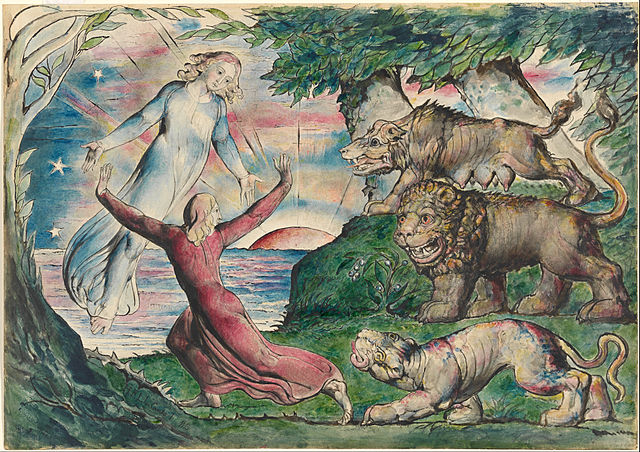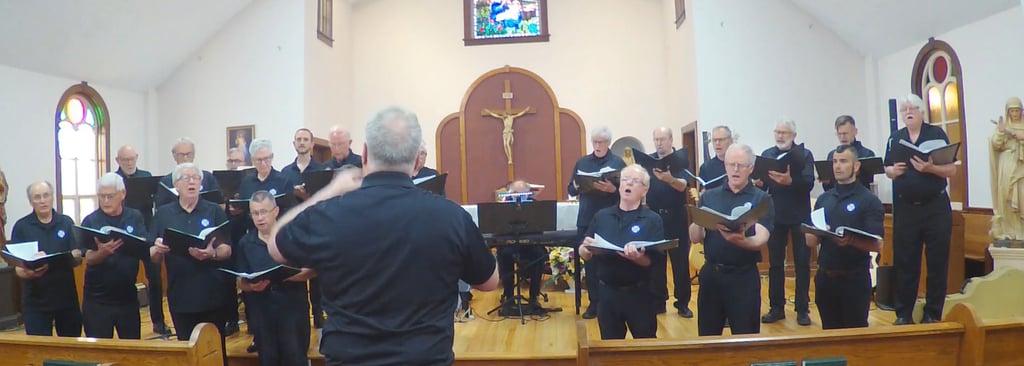Visions celestial and terrestrial
9/15/20232 min read


My long overdue rediscovery of my own instrument is continuing! A very welcome commission from the wonderful pianist Jennifer King, who was looking for something 'other-worldly, planetary,' coincided with my re-reading of Dante. All three books of the Divine Comedy end with the word 'stars,' and I began to think of structuring the new work around these stars. I have now emerged from hell, in the company of Dante and Virgil, and we are now making our way toward the mountain which is Purgatory. Here is how I described the idea:
Each of the canticles of Dante's Divine Comedy ends with the word 'stelle', or 'stars.'
At the end of the Inferno, Dante tells us: 'E quindi uscimmo a riveder le stelle' - ("And then we emerged to see the stars again.") Purgatorio concludes with Dante being taken to bathe in the sacred waters of Eunoe, or 'Good Memory', whereupon Dante feels renewed, 'puro e disposto a salire a le stelle,' ("pure and prepared to ascend to the stars.") The stars are never obscured in Paradise, and the Divine Comedy concludes with Dante's desire and his will in balance, guided by 'l'Amor che move il sol e l'altre stelle' ("the love which moves the sun and the other stars."
It seems to me that Dante's vision of these three realms is emblematic of our desperate world but also of our hopes for its future.My intention is to evoke something of those starry visions, culminating in a state of grace, where the stars configure the ultimate benevolence of existence. Exploring the resources of the piano, I will create a musical structure which reinvents these visions in a way that resonates with my experience and with the age in which we live.
This will entail composing a triptych in three short movements:
Inferno: emergence from despair into hope.
Purgatorio: moving from hope to awareness
Paradiso: transforming awareness into some kind of intuition of the sovereignty of love.
My other project has been rather more irreverent in nature. Commissioned to compose a new work for Coastal Voices, the splendid men's choir conducted by Ross Thompson which I am privileged to accompany, I began to ferret around amid the huge collection of medieval secular poems found at the Benediktbeuern Monastery in Germany, and known as Carmina burana. - the same collection from which Orff drew his choral work of the same name. Many of these poems are 'carmina potoria' - drinking songs, with a recurring theme being absolute abhorrence of the practice of mixing wine with water.
The poem I chose is staged as a debate between the two liquids, with wine unequivocally declared the victor. Water scores some devastating points, however, and if one examines the text soberly (ahem) one might question this outcome. I accepted the verdict, however, and concluded the work with a few lines from the Archpoet's Confession, lines which the great translator Helen Waddell declared to be 'the greatest drinking song ever written.'
It was great fun to compose Water and Wine at War, to give full play to the delicious and suggestive sounds of medieval Latin, and to take advantage of the resourcefulness, energy, and musicality of Coastal Voices.


